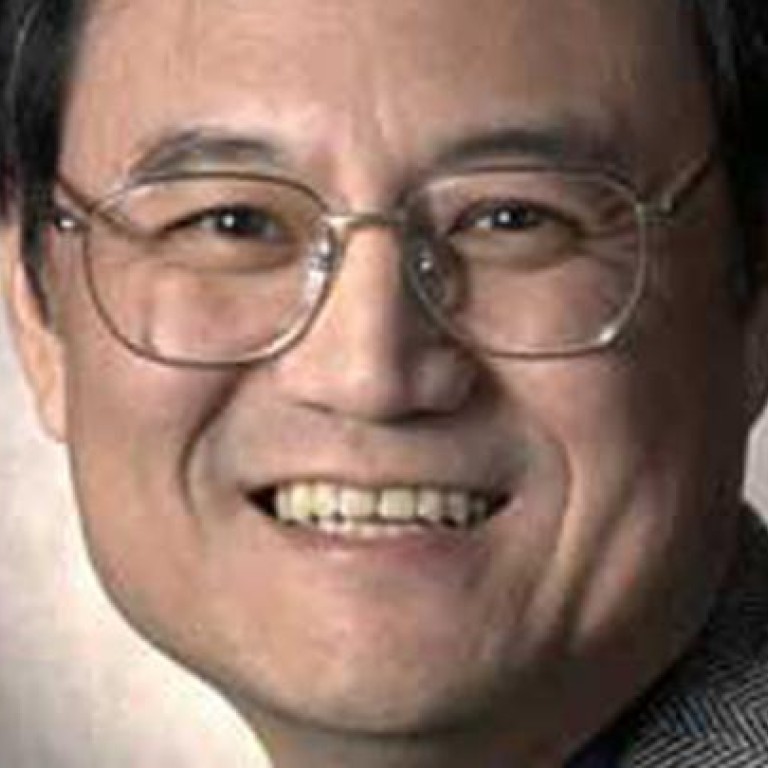
China consumer inflation hits 10-month high
As consumer price index shows rise of 3.2pc, moves to cool economy look likely
China's consumer inflation climbed to a 10-month high last month and fixed-asset investment boomed, prompting expectations that monetary tightening may be needed in the second half of the year to cool the economy.

The official inflation target is 3.5 per cent this year.
"Even factoring in the distortion of the holiday, which fell in January in 2011, the CPI level is high," Renmin University finance professor Zhao Xijun said. "Inflation pressure will mount down the road as companies pass higher labour and environmental costs onto consumers while loose monetary policies in major countries will result in excessive liquidity."
Inflation pressure is piling up as a result of China's robust growth in what Beijing calls total social financing - which covers bank loans, trust loans, and issues of bonds and equity - and quantitative easing in the United States and Japan.
Qian Yingyi, a member of the Monetary Policy Committee of the People's Bank of China, said last week the central bank "may take action to prevent boom-and-bust cycles" to combat inflation.
Industrial output in January and February expanded 9.9 per cent from a year earlier, below market expectations of 10.6 per cent. Power generation growth slowed to 3.4 per cent in the two-month period from 7.6 per cent in December.
Lu Ting, an economist at Bank of America Merrill Lynch, said: "There might be some temporary destocking due to the cold winter, so we might see a nice rebound in industrial output and power growth in March."
Retail sales growth fell to 12.3 per cent year-on-year in the January to February period, from 15.2 per cent in December. Lu attributed this to the government's recent campaign against extravagance and conspicuous consumption, such as officials splurging on wining and dining.
Fixed-asset investment growth accelerated to 21.2 per cent year-on-year in the first two months, with investment in the real estate sector rising 22.8 per cent as developers rushed to benefit from the market rebound.
Qu Hongbin, an economist at HSBC, said expectations of higher property prices would be the biggest inflation risk this year, as buyers' anticipation would push prices higher following the strong rally that began in the second half of last year.

